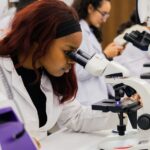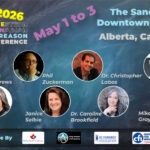
The Next Gold Rush in Space
Asteroid mining could revolutionize resource acquisition, offering immense potential for space exploration and Earth. With advancements in technology, the dream of extracting valuable minerals from asteroids is closer than ever.

Beam Me Down: Breaking Barriers in Solar Energy
A startup is making waves by beaming power from an aircraft to solar panels, hinting at a future where energy generation extends beyond daylight hours.
#SolarPower

WeCanReason Speakers’ Weekly Update
Catch up with what our speakers did in the last two weeks
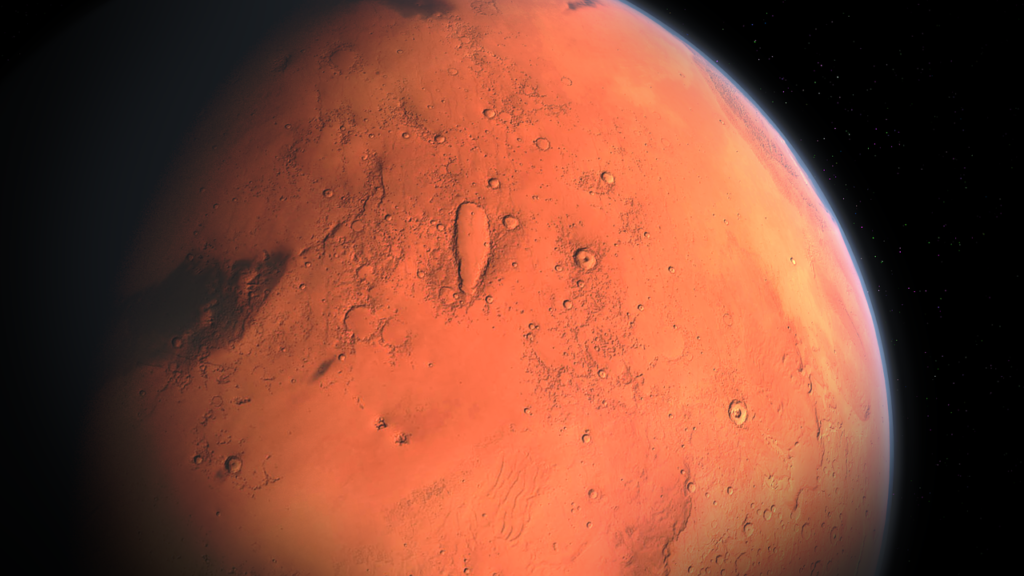
Mars Mission Hits a Snag
NASA's MAVEN spacecraft has gone silent, leaving scientists puzzled. What happened to this vital Mars mission?

See what leaders in science, secularism, critical thinking, and skepticism did last week
Here's a little of what secularists, skeptics, atheists, and scientists did last week

The Pompeii Discovery Changing Modern Construction
A Pompeii home buried in ash has unlocked the secret behind ancient Rome’s self-healing cement — a technique called hot mixing that could change how we build today.
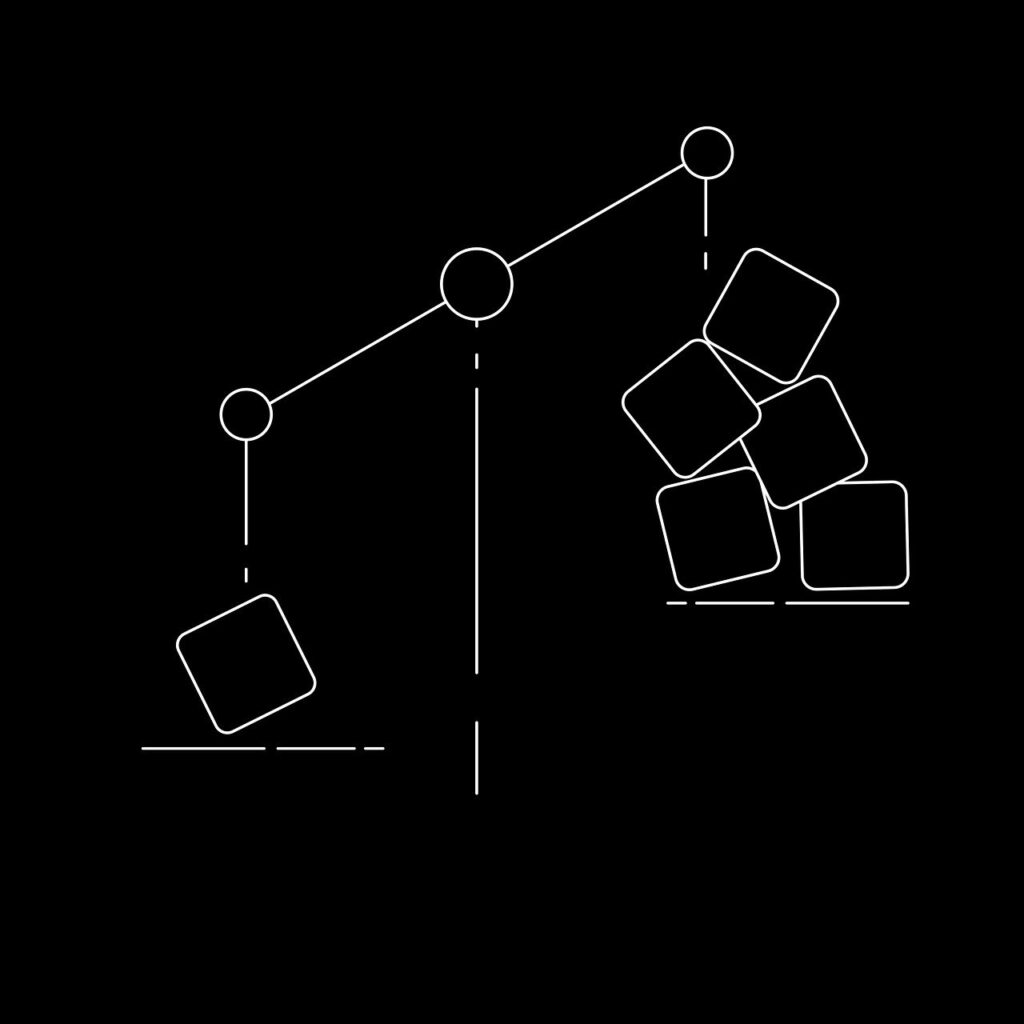
Balancing Safety and Innovation
Gain-of-function research is often misunderstood, leading to fears that could harm scientific progress. Understanding its importance is key to fostering innovation while ensuring safety.

mRNA Vaccines Proven Safe and Effective
A new study shows mRNA COVID-19 vaccines significantly reduce death risks. Discover how vaccination impacts mortality in this compelling research.

Have you ever thought about a ‘Good Death’?
As part of the Nonreligion in a Complex Future project, the University of Ottawa is conducting a survey that explores perspectives and experiences on death and dying. If you have experienced the death of someone close to you in the past 12 months, please consider completing this brief online survey.
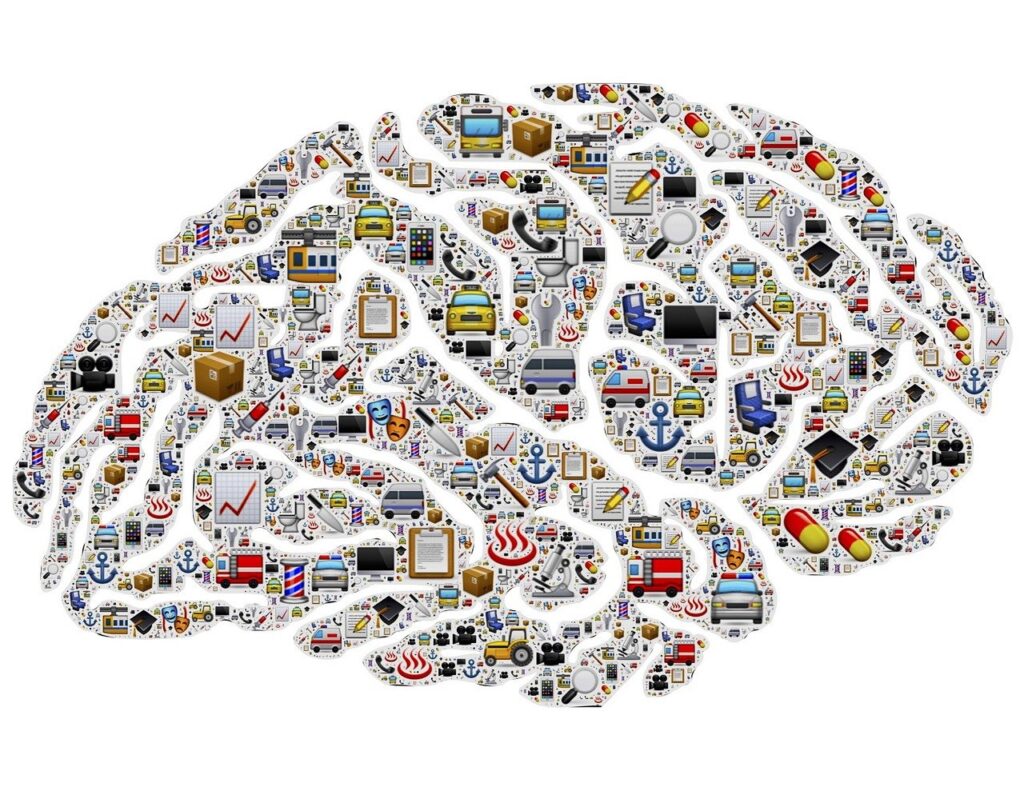
Brain Networks at Work
Explore how learning related tasks can either aid or hinder your cognitive skills, revealing the fascinating dynamics of our brains.



